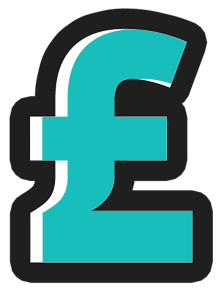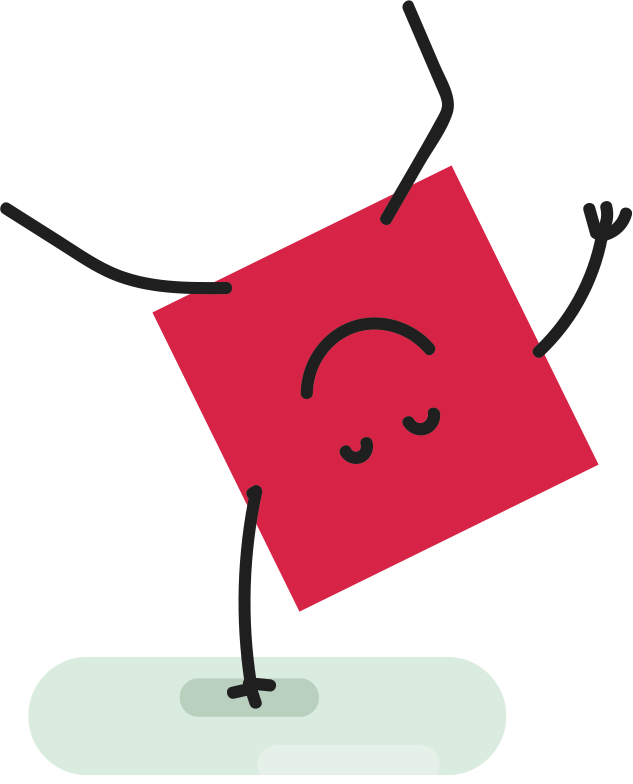

The benefits which come following an expressive language assessment may vary between individuals, although common benefits include:
Through identifying needs we equip individuals with the knowledge needed to help each child and young person gain the skills they need to maximise their potential.
An expressive language assessment can be carried out following an initial discussion, please see our process below.
During an expressive language assessment we would look at how a child or young person communicates using their words, and compare it against their level of understanding. The assessment will involve age-appropriate comprehension, repetition and descriptive activities. Through assessing multiple areas of language we will be able to use this information for future recommendations.
The specific assessments used will be chosen based on the individual. The main expressive language assessments we use are:
Observations and conversations with the child or young person are very useful when assessing expressive language ability.
Following an expressive language assessment we will be able to provide information of any strengths or difficulties an individual has with expressive language. Knowledge of expressive language will be able to guide any future input by ourselves, the school, speech and language therapists and at home.
We provide a variety of reports for various purposes upon request. Reports can be used to provide comprehensive information in relation to the results of each assessment area, for recommendations or as a brief summary of findings. Through providing a range of report options we have aimed to make our psychology services as cost effective as possible. Learn more about the reports we offer.
Expressive language assessments are used to help to identify areas of strength or difficulty in relation to speech and communication. Knowing information about how a child or young person communicates helps to guide input and increase the understanding of adults supporting them.
Arrange an initial discussion to find out how we can benefit your education setting. The initial discussion lasts 2 hours and is a starting point to identify needs. The cost is £260.
only
£260


Once again thank you for all your help and for actually listening to me when others wouldn’t.

Jodie (Parent)
Thank you Julie once again for the excellent report, it captured the child’s needs entirely - SENDIASS, parents and me commented on how well written it was. Many thanks for your continued assistance.

SENCO
Sarah Ward was brilliant with us. Really happy with the help and support, would recommend.

Joanne (Parent)
I think the work you have been doing has been great to help break the stigma of mental health and as a fellow sufferer I know how important that is.

Mental health professional
Many thanks for Sarah W’s hard work with our students which has been very well received.

Deputy Head
Really enjoyed it and learnt lots that I can take back to school. Thank you for the quality experience.

Sarah Tindal
Thank you Julie once again for the excellent report, it captured the child’s needs entirely - SENDIASS, parents and me commented on how well written it was. Many thanks for your continued assistance.

SENCO

We provide bespoke solutions to suit all budgets and requirements for children and young people aged 0-25 in homes, education settings and the community. Our clinical, educational and child psychology services are cost effective.
To make a referral and arrange an initial discussion please complete our referral form.

Ready to get started? The next step is to speak to our team to find out more about the services we provide and how we can help. Call us on 0161 820 9229 or email office@hsrpsychology.co.uk